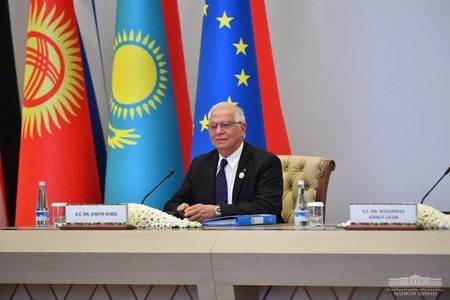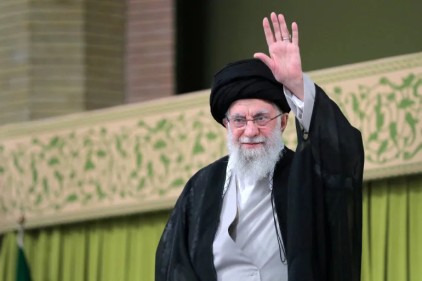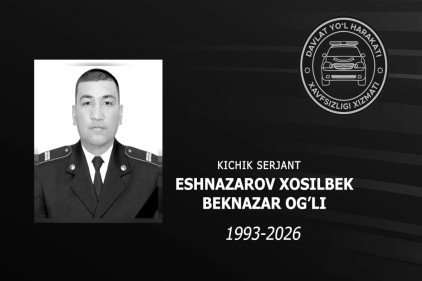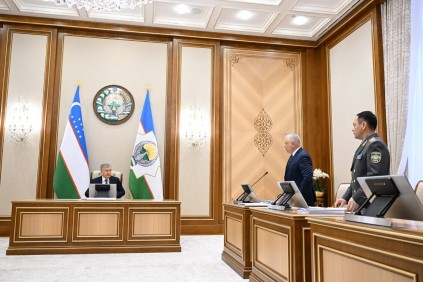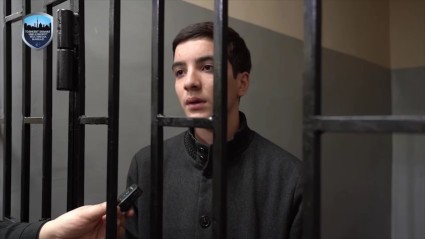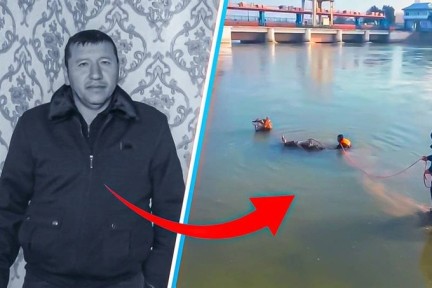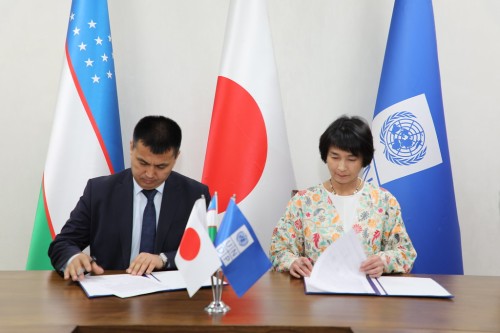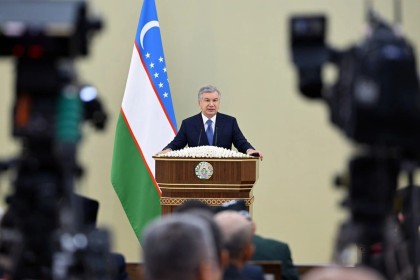The EU must avoid creating new ‘dependencies’ and offer an alternative to partner countries as it reshapes its diplomatic approach after Russia’s invasion of Ukraine, the bloc’s chief diplomat Josep Borrell told EURACTIV.
“We are not looking to supplant other partnerships – and we are certainly not interested in creating new dependencies,” Borrell said when asked whether he sees the risk Europeans could repeat their mistakes with Russia with China.
The bloc has to “stop concentrating supplies of raw materials and goods on one single supplier – this is the lesson that I think we have learned from this gas crisis”, he said.
“We will always have dependencies – we cannot go one day to another from open to closed markets, but need a balanced approach”, he said, adding, “we need to learn how to adapt.”
“What we should be looking at is how quickly Europe is adapting, and how quickly we went from 40% to 7% reliance on Russian gas,” he said, acknowledging this was also possible due to some countries consuming less due to COVID lockdowns, like China.
Eyes on Central Asia
“Central Asians want to have a relationship with Europe that could balance other players, but if we do nothing, certainly the others will have more influence than us,” Borrell told EURACTIV on the sidelines of the EU-Central Asia ministerial in Samarkand, Uzbekistan.
Long considered part of Russia’s sphere of influence, the war in Ukraine has prompted a change in stance among Central Asian governments, with them subtly distancing themselves from Moscow and leading them to look elsewhere for cooperation.
“One year ago, we were invited to a South East Asian connectivity summit with our Russian and Chinese counterparts – they were surprised about the EU being there”, Borrell said.
“But this week’s Samarkand conference was only among ourselves, which is a political signal – the EU and Central Asia want to work together on connectivity issues,” he added.
Borrell, however, acknowledged that “for most of our Central Asian partners, it is a very delicate situation” based on their economic, cultural, political, and demographic ties with Russia, but with them also having defended the idea of territorial integrity and spoken out against their territory being used to circumvent Western sanctions.
Global Gateway vs China
Asked whether he really considers the EU to be the more attractive partner in Central Asia and beyond, Borrell said that the EU’s new connectivity strategy, dubbed Global Gateway, “is our way of showing political presence and ambition”.
“If we want to exist in a political sense, we have to do something – this is why we are advancing for the Global Gateway as a game changer for everyone who is interested, and they are interested because they need a counterbalance,” he said.
“Global Gateway might not sound too sexy, and the Chinese have been selling their Belt and Road initiative effectively, which they started years ago compared to us – this is why we have to engage more,” Borrell said.
However, the €300 billion initiative has been criticised for not putting enough financial firepower on the table to counter China’s Belt and Road Initiative (BRI).
“It is true that Global Gateway is only at the beginning,” Borrell said, adding that nevertheless “at the time being, we are already the most important investor in aggregated terms in Central Asia, which this is going to continue.”
“We are here to provoke the dynamics for more engagement because we are still the ‘first client’, but China is just on our heels,” he added.
According to Borrell, “this is not only about ‘good’ or ‘bad’ partners”.
“When COVID-19 came, we realised that we were not producing paracetamol, and it was produced in India, which is a reliable supplier in normal conditions, but became a non-reliable supplier in crisis,” Borrell said.
“This is why we need diversification, more partnerships, and a toolbox in order to ensure that in the future, new dependencies and new needs will be satisfied in a more secure way,” he said.
‘We’re not an NGO’
But as the EU is seeking alternative gas suppliers to Russia because of Moscow’s invasion of Ukraine, and increasingly China too, some expect the bloc could become more dictated by realpolitik with difficult partners.
“Our dependency on Russian gas by some, in the beginning, has also been sold as pragmatism – ignoring who Putin is, what he does and in favour of cheap gas – so let’s not be too pragmatic,” he said.
Asked about whether he thinks the EU’s relationship to power has changed, Borrell said the bloc “cannot pretend to behave like a state”, with its diplomacy being “a patchwork of 27 member states”.
“But we can do a lot using our persuasion capacity, and we have to. Power is not just military power,” he added.
“We have influence and this influence has to be used in a more transactional way, it does not come without strings attached,” Borrell said.
“We’re not an NGO, we have a certain political mindset, which cannot be imposed because then we risk a reaction to the rejection of the emerging world,” he added.
In reference to the EU-facilitated dialogue between Kosovo and Serbia, he said: “We’re not a broker, not a referee, we’re much more than that because both want to become members of the EU, and we have a certain leverage capacity”.
“At the same time, we have been losing Africa little by little, which shows that the tactic was not a good one,” he added.
The EU’s chief diplomat also criticised the bloc’s slow pace in sealing trade agreements.
“We have to use the tools that we have, and the most important one is certainly economic relations, and use them in a more transactional way,” he said.
“We cannot afford to have trade agreements pending for years. When we think of Latin America – the Chinese can do a trade agreement in six months, and we take three or more years to ratify,” he said.
Afghanistan problem remains
At the same time, the rapid deterioration of the situation in Afghanistan has been a wake-up call for European crisis management, but EU member states seem to have lost their interest in the country while Central Asian countries remain worried.
Asked whether Europe is sharing the responsibility it pledged last year, Borrell said “the only thing we have at the moment is political and diplomatic persuasion, but currently, it is unclear where this will lead.”
“We clearly say ‘no relationship with the Taliban’, but we are continuing to support the people of Afghanistan, with €400 million since the fall of Kabul,” he said.
Many of the governments, especially those from Central Asia, have been pushing toward a normalization of relations with the new regime in Kabul.
“On our side, the position is clear: we will not engage with them as long as women and girls are not treated accordingly, as long as basic fundamental rights are being respected, and as long as the people are being suppressed,” he added.

